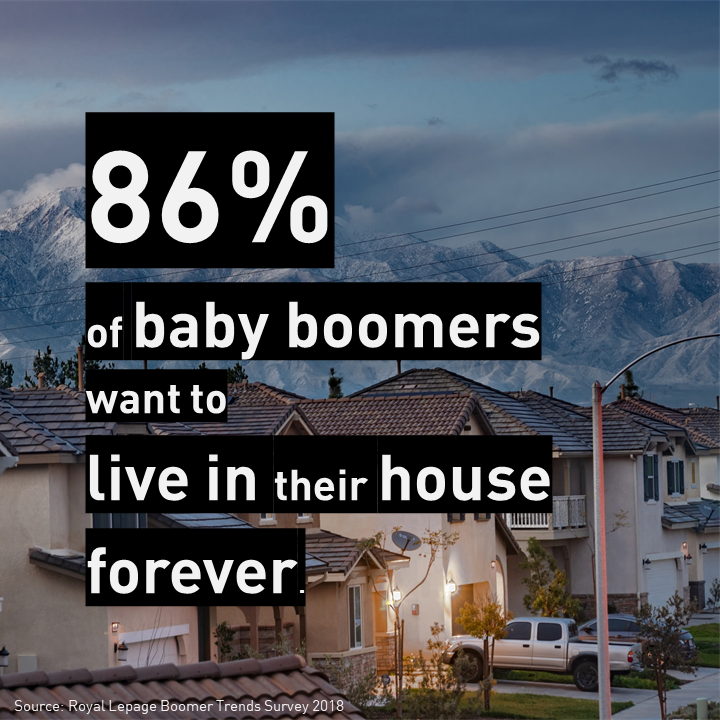Today’s Common Trends in Canadian Real Estate
There has been a lot of unusual activity in real estate over the summer, and in this report, we will do our best to explain what is happening. Why are there:
A record-breaking number of house purchases
Extremely low house listings
Rising house prices even when there is high unemployment
Skyrocketing condo listings
A record-breaking number of house purchases
It is very unlikely that in the midst of a pandemic, with unemployment at historical highs, that Canadian’s have suddenly decided to buy a house because of low rates or because real estate is an excellent investment. While rates are low and real estate may be a good investment, those factors don’t explain the unprecedented surge in house purchases.
The best explanation for the current interest in houses is ‘working from home while watching the kids.’
During the lockdown, many families had two parents working from home while also trying to keep their kids busy. While a two-bedroom condo may be adequate for a three or four-person household when the parents are working at an office, and the kids are in school, spending seven days a week in a 900 square foot apartment while attempting to make business calls is chaotic.
If you put yourself in the shoes of these households, you can understand why they immediately searched for a house in the suburbs as soon as the restrictions were lifted.
READ: Condos May Be On The Way Out, Statistics Canada Predicts.
Why the suburbs? Because that’s the only place where there are affordable houses. Ideally, Canadian cities would build three and four-bedroom condos to accommodate families in the city. For now, whether or not they are seeking a suburban lifestyle, families have been relegated to the suburbs.
There have been some claims that people are moving to the burbs for health reasons, but scientific data shows you’re just as likely to catch Coronavirus living in the suburbs as in the city.
The other source of buyers is people who were looking earlier in the Spring and were prevented from transacting because of the lockdown. Of course the negative economic news would give a fair share of those potential buyers cold feet.
Extremely low house listings
Why are fewer people selling their houses? Do figure this one out, let’s look at why people sell their homes:
Home is too small – If you’re living in a house already, this is unlikely the top reason these days.
Can’t afford mortgage payments or expensive repairs – with the federal mortgage deferral program, few people will feel any financial pressure.
New job or transfer – Now that most people can work from home, there’s no need to move for work.
Divorce / Break-up – After several months confined in a house together, there could be a rise in relationship turmoil. Many lawyers expect a rise in divorce filings, but it can take a year to finalize a divorce so it wouldn’t come into play so soon.
Down-sizing empty nesters – These might have picked up slightly among homeowners who hire professionals to help with upkeep on the house. If they couldn’t get adequate support during the lockdown, they may have moved forward their plans to right-size.
On balance, the reasons to sell a home have diminished as a result of the pandemic. The most impactful is work from home arrangements.
Rising house prices even when there is high unemployment
This is a product of supply and demand. You have condo and townhome dwellers desperate to get more livable square feet, and most people living in a large house have fewer reasons to sell.
Skyrocketing condo listings
There is an almost alarming rise in the number of condos for sale. We believe people are selling condos because:
1. Home is too small – Two adults can’t work from home and home school their children in an average-sized condo.
2. Short-term rental challenges – AirBnBs are not as lucrative as they once were. Some owners may be cashing in their equity.
3. Long-term rental challenges – Most newcomers to Canada rent at-first but immigration has slowed, the government has barred many international students from coming to Canada, and 1.5 million Canadians are moving back in with their parents. Some long-term rental owners may be cashing in their equity.
READ: 1.5 million Canadians moving back in with their parents, immediate family due to pandemic.
READ: Fewer People = Less Demand: Easing Population Growth to Weigh on Housing.
READ: Most International Students Barred From Canada Right Now: Government.
Looking ahead
The pandemic isn’t over, and during the next twelve months, we can expect listings to rise because:
More Canadians will be selling because they can not afford mortgage payments or expensive repairs. This is the result of high unemployment, the expiration of the mortgage deferral program, and CERB.
In roughly 12 months, a rise in divorces initiated today will be nearing completion.
In the near future, we expect condo values will likely drop. In time, since most buyers of houses are using the equity in their condos to make a house purchase, house values will follow condos downward.




